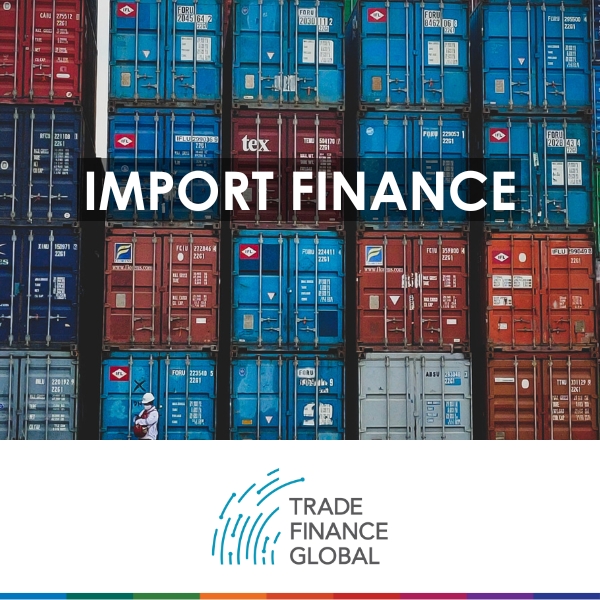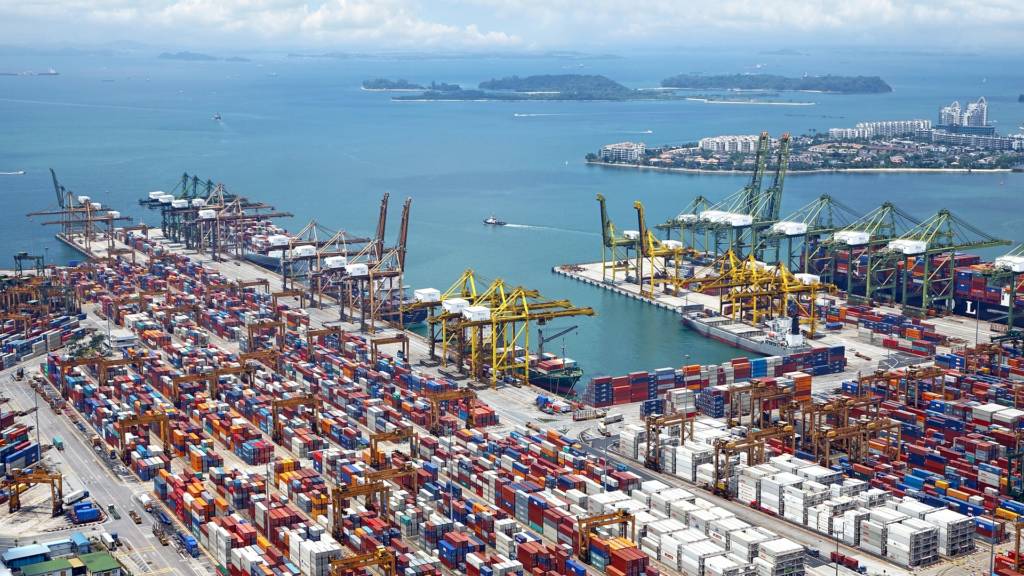Import Finance | A 2025 Trade Finance Global Guide


Trade Finance without Barriers
Informing Today’s Market, Financing tomorrow’s Trade.
Get Trade FinanceContent
Import Finance is, to put it simply, the funding of the gap between receiving the goods, and sending the payment. Furthermore, it is usually seen as a short-term type of finance and is provided by a third party.
Uniquely, the need for import financing arises due to the difficulties that business face when trading overseas alone, however when importers are exploring different financial options this can add further complication.
The implementation of Import finance has helped encourage, and indeed shape the world of trade as we know it today. The level of risk and amount of moving variables involved in trading overseas is ever present, however, the application of certain Import finance instruments can help protect businesses.
How Import Finance Works
Many transactions, and often large sums of money depends on a certain level of trust with the counterpart involved. Throughout the years, as economies and businesses expand, the trust required for these transactions is more difficult to obtain, which is where instruments of Trade Finance come into play.
Types of Import Finance:
Usance/ Standby Letters of Credit:
- When a Usance Letter of Credit is applied in a transaction, it allows payment from the buyer to be deferred. This gives the buyer more time to inspect – and in some cases sell – the goods.
- When a Standby Letter of Credit is applied in a transaction, it allows the seller of the goods peace of mind surrounding payment, as it is a guarantee of payment – usual issues by a bank. It is usually seen as a last resort, but it prevents any risk of non-payment in a transaction.
Bank Guarantees:
- Bank Guarantees are exactly what they sound like, a guarantee from a bank that certifies the creditworthiness of a buyer. They do this, by offering to fulfil the financial obligations of the buyer, in the scenario they can not.
- The difference between a Bank Guarantee and a Letter of Credit is the way in which they are used. Traders that are involved in the regular import and export of goods a more likely to use Letters of credit. In contrast, Contractors involved in the bidding on infrastructure projects are more likely to use Bank Guarantees.
Invoice Finance:
- Invoice financing is a method of financing which involve the selling (or shift of liability) of their accounts receivables. Imagine a company sells their goods to Consumer A. They grant 90-day payment terms on the transaction, however by financing the outstanding invoices, it allows access to these funds earlier. A third party – usually an Invoice Finance firm – will purchase or commit to the invoices, paying a discounted price for them or taking a fee from the transaction.
Asset-Backed Facilities:
- Asset-Backed Facilities or Asset-Based Lending is the financial tool of a business securing a loan against their collateral (assets). The asset-based loan is secured by many and either of the following:
- Inventory
- Accounts Receivables
- Equipment
- Buildings/ any other assets on the balance sheet of the business.

Requirements
Import finance and all of the tools which the term covers are reviewed on a case-by-case basis. This being said, a financier will generally ask for the following:
- Audited Financial Statements
- Full business plans
- Future Financial Cashflow forecasts
- Credit reports
- Details and references for the Directors of the Company
- Information surrounding the liabilities of the company.
Why use Import Finance
There are various reasons why a business would want to use a lender to finance their imports. Regardless of the biggest bonus – the access to future cash – it also instils confidence, certainty and security around transactions.
Moreover, if you can understand the cash cycle, then you can implement the correct type of import finance. The working capital requirements can, therefore, be separated from the business cycle. This allows great freedom and gives room for further trade.
Benefits of import financing
Import finance are off-balance sheet financial instruments, which means they may not affect existing bank facilities or bank relationships. The benefits mean that importers can grow without taking on equity or angel investment, losing share of the business.






















